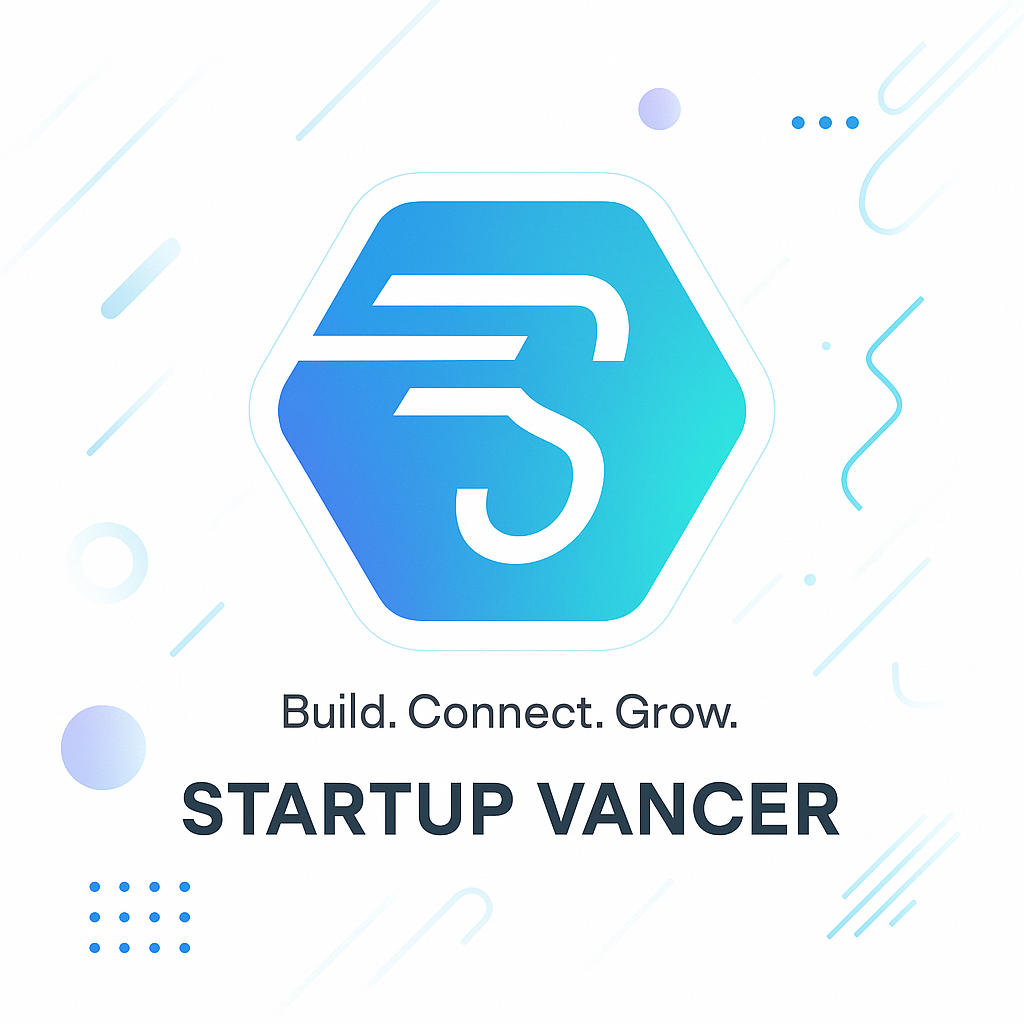
Navigating the world of startup accelerators and incubator programs can feel overwhelming, yet these platforms hold the key to transforming your early-stage startup into a thriving business. By joining a startup incubator or participating in a business accelerator, you gain access to invaluable resources, mentorship, and networks that can significantly accelerate your growth. In this guide, you will discover the numerous benefits that come with joining these programs, learn how to successfully apply, and hear inspiring success stories from graduates who have leveraged these opportunities to catapult their ventures. Whether you’re aiming to refine your business model or secure crucial funding, understanding how to navigate these programs can be your ticket to success.
Benefits of Joining an Accelerator
Joining a startup incubator or business accelerator can significantly enhance your early-stage company’s chances of success. Here are some key benefits that make these programs invaluable:
- Mentorship: Gain insights from industry veterans who provide guidance and share their experiences. This mentorship can help refine your business strategy.
- Funding Opportunities: Many accelerators offer initial investment, often coupled with potential follow-on funding. This financial support can be crucial for your startup’s growth.
- Networking: Being part of a structured program means access to a network of fellow entrepreneurs, investors, and professionals. This can lead to partnerships and new client opportunities.
- Business Development: Accelerators often provide resources such as training sessions and workshops that focus on making your business model more robust.
- Increased Visibility: Participation culminates in a Demo Day, showcasing your startup to potential investors, enhancing your visibility in the startup ecosystem.
- Access to Resources: You’ll typically receive free or discounted services such as legal advice, marketing tools, and software credits, which can ease operational burdens.
By leveraging the unique offerings of a startup incubator, you position your company for accelerated growth and greater market impact.

How to Apply Successfully
If you’re eager to join an incubator program or a startup incubator, knowing how to craft a compelling application is essential. Here’s a streamlined approach to ensure you stand out:
Understand the Program Requirements
Each business accelerator has unique criteria. Research extensively to align your application with their specific goals. Common requirements include:
| Requirement | Description |
|---|---|
| Team Experience | Highlight individual and collective expertise. |
| Product or MVP | Showcase a prototype or minimum viable product. |
| Market Opportunity | Explain potential market size and growth strategy. |
| Traction Metrics | Present user engagement numbers or revenue generated. |
Craft a Compelling Pitch Deck
A well-structured pitch deck is crucial. Focus on these elements:
- Clear Problem Statement: Define the problem your startup solves.
- Unique Value Proposition: Emphasize what differentiates your business from competitors.
- Market Strategy: Outline how you plan to capture your target audience.
Get Feedback Before Submitting
Sharing your application with mentors or peers can provide invaluable insight. Make necessary adjustments to strengthen your proposal before the final submission.
By following these steps and showcasing passion, clarity, and commitment, you enhance your likelihood of securing a spot in a top startup accelerator or business accelerator program.
Success Stories from Accelerator Graduates
Many entrepreneurs have transformed their ideas into thriving businesses through startup incubator and incubator program participation. For instance, consider the story of SendGrid, a company that focused on email delivery service. After joining the business accelerator Techstars, they gained crucial mentorship and funding that allowed them to scale rapidly. Today, SendGrid is a publicly traded company with millions of users worldwide.
Another inspiring example is DigitalOcean, a cloud computing platform for developers. Their journey began in the startup incubator space, where they secured vital resources and access to an expansive network. This support was instrumental in achieving significant market traction, leading to a multi-billion dollar valuation.
Lastly, PillPack, which revolutionized medication management, capitalized on opportunities provided by the incubator program Y Combinator. With initial funding and expert guidance, they successfully positioned themselves in a niche market before being acquired by Amazon.
These success stories illustrate how participating in business accelerators can dramatically enhance your startup’s chances for success. If you’re looking to accelerate growth and gain essential insights, consider applying to one of these transformative programs.
Frequently Asked Questions
What is a startup accelerator and how does it differ from an incubator?
A startup accelerator is a program designed to support early-stage companies through mentorship, funding, and guidance over a defined period, typically 3 to 6 months. In contrast, an incubator focuses on nurturing startup ideas often from the ground up, allowing longer time frames for development without equity stakes typically being taken. Accelerators often culminate in a ‘demo day’ where startups pitch to investors, while incubators may provide ongoing support without a strict timeline.
What are the benefits of joining a startup accelerator?
Joining a startup accelerator offers numerous benefits that can significantly enhance your startup’s chances of success. These include access to capital investment, mentorship from experienced entrepreneurs, networking opportunities with industry specialists, and exposure to potential investors. Accelerators also offer structured programs designed to accelerate growth, refine business models, and help secure follow-on funding. Additionally, the cohort environment fosters collaboration and support from fellow entrepreneurs, which can be invaluable.
How can I choose the right startup accelerator for my business?
Choosing the right startup accelerator involves considering several key factors. Begin by evaluating the accelerator’s focus area to ensure it aligns with your industry. Research the program’s terms, including equity stakes and funding amounts, as these can vary significantly. Additionally, look into the mentor network and the success stories of previous cohorts, as this can reveal the quality of guidance you’ll receive. Finally, consider the location and format of the program, whether it’s in-person or virtual, as this can impact your experience and accessibility.






